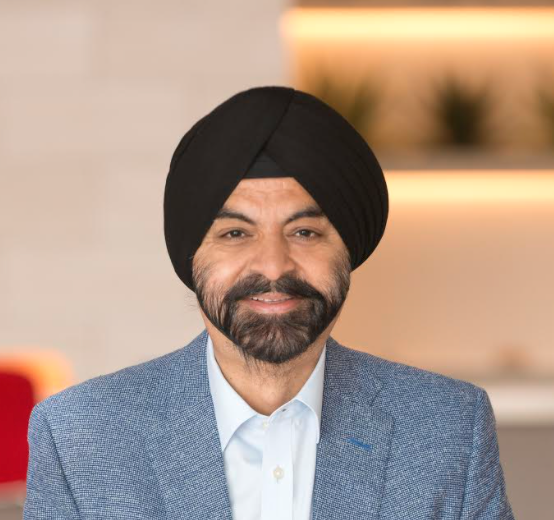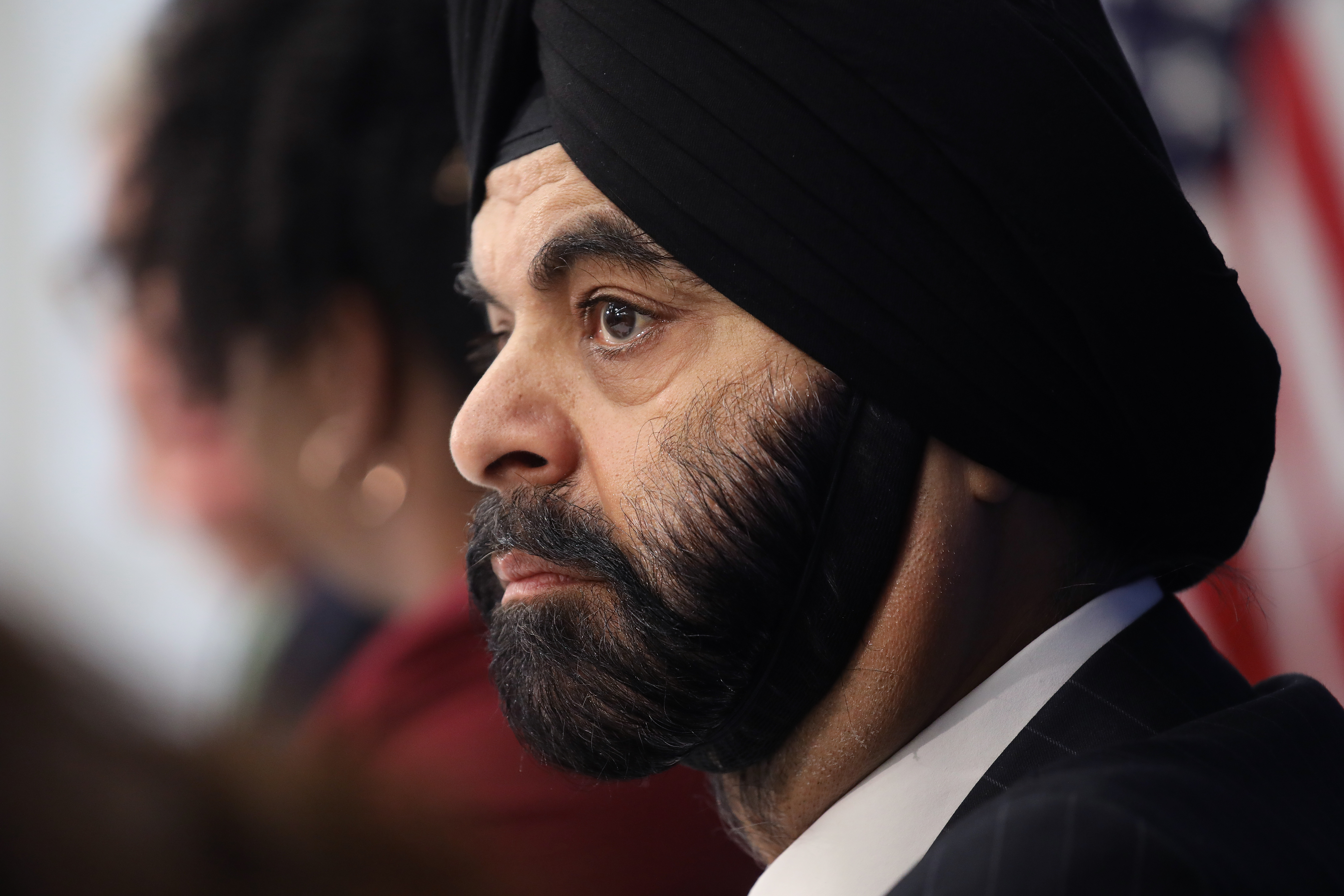When I was a child in school, people talked a lot about the importance of I.Q. — the baseline intelligence with which you absorbed and understood things. And when I went to university and graduate school, people started talking about the importance of E.Q. — the ability to handle situations with emotional maturity.
But as I progressed through the work world, I realized that there was another crucial quotient for how we approach our lives and work: D.Q., or the Decency Quotient.
To me, decency is the principle that helps us organize as a civilization. It’s the idea that, in order for any one person or any collective of people to succeed, they need a hand at their back and not in their face. It’s also the idea that helping individuals succeed often leads to better outcomes for everyone around them: families and communities, without a doubt, but also companies and economies, too.
So, here we are on World Mental Health Day — in what is probably one of the most challenging times most of us have experienced in our lives.
Each of us has had to completely renegotiate the ways we work, live, and sustain ourselves. Each day brings new concerns to the table: from loneliness and general health stresses to worries about how our children will continue to learn and develop, and deep concerns about how our societies are contending with issues of equality and respect — to name a few.
Human resilience has never been more important. And I believe decency is the guiding principle that supports that resilience. Our ability to flex and pivot as problems arise, to focus on what we can control and still find moments of levity and joy, depends on a baseline level of well-being. The burden of building that resilience can’t sit solely on the shoulders of the individual. We are in this situation together; we all need to have our hands at each other’s backs.
Companies have a crucial role to play in this effort. After all, employees are the engines of every company’s success. They drive creativity and innovation and are the guardians of quality and service. If leaders take good care of their employees, they will be able to then care for their families, their friends, and their businesses. In essence, helping them thrive helps communities and companies thrive, too.
As a CEO and member of Mastercard’s management committee, it is my job to provide employees with a solid foundation—for both financial and mental wellbeing. That starts with guaranteeing no COVID-related layoffs this year. Financially, that means offering more than just competitive pay. We want to set our employees up for long term financial success through long-term stock-based incentives that extend deep into the company and by using corporate tax cuts to increase retirement savings for everyone.
Mentally, it means giving people the breathing room they need to deal with every aspect of their lives — through offerings like maternity and paternity leave that they can use intermittently, and 20 days of bereavement leave. We also want to make sure people are working together on a level playing field where everyone is respected and has the same opportunities for advancement. We make sure all of our employees feel supported through resources such as groups that celebrate diversity and help educate colleagues.
When you give people the opportunity to bring their hearts and minds to work, and support them every step of the way, you create a culture of decency that extends beyond the walls of your business. This, I think, is how we turn crisis into creativity, and hope into a future reality where we are all supporting one another. But decency doesn’t just have to come from the CEOs of the world. It really is as easy as putting your hand at another’s back and giving them a lift with whatever you can offer. Sometimes that is as simple as offering a listening ear.
If you do so, I think you’ll find it makes all the difference in the world.


